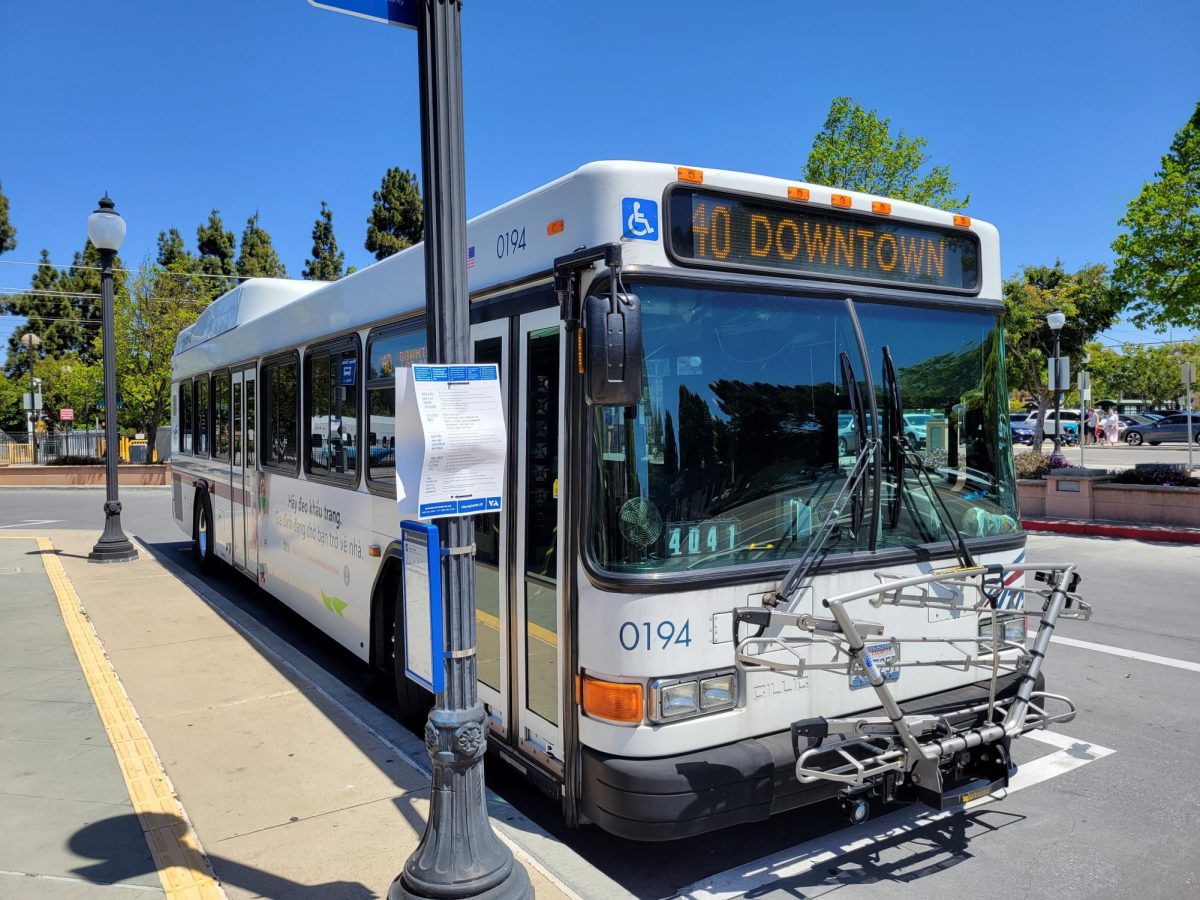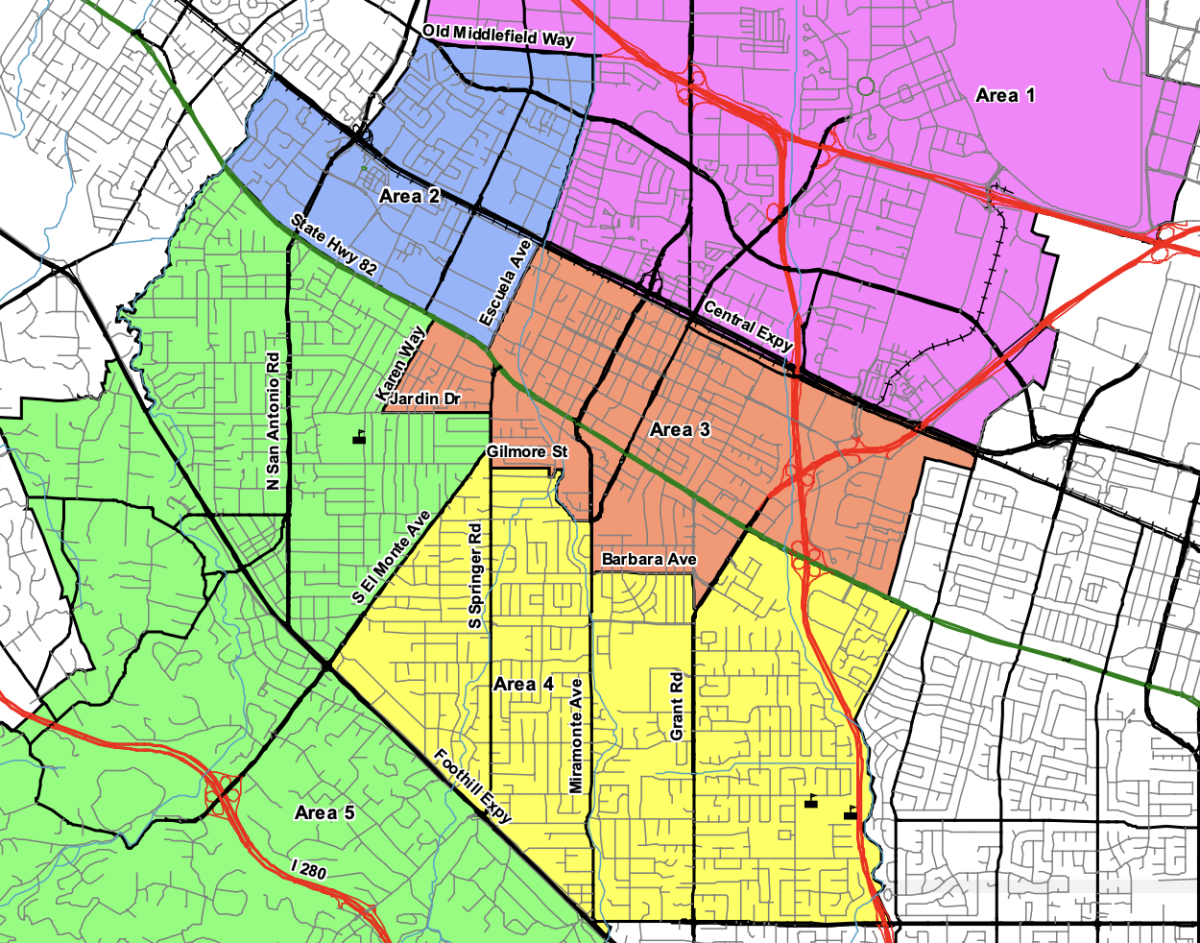Syrian Civil War
The Syrian Civil War has been raging for nearly four years amid international controversy and political turmoil.
The conflict began as a part of the Arab Spring with protests for economic and social liberties in 2011, which were met with a violent crackdown by President Bashar al-Assad. Protestors responded violently with the emergence of the Free Syrian Army as the primary opposition group by July 2011.
The conflict destroyed much of the country’s infrastructure and economy. Unemployment and inflation skyrocketed. Syria’s medical system was nearly demolished, with less than half of state-run hospitals still in operation. The United Nations (UN) announced the death toll in September as nearing 100,000, with more than 6 million displaced.
The U.S. has imposed economic sanctions on Syria, but the UN has repeatedly rejected multilateral action because of vetoes by permanent security council members Russia and China.
In June 2013 President Obama decided to arm the Syrian rebels. The decision was met with mixed reactions in the U.S., with many worried that arming the rebels would entangle the U.S. in a “proxy war.”
Soon after the decision, the White House announced that it had conclusive evidence that Assad was using chemical weapons on rebels.
The report included details of gas attacks by regime forces in as many as 11 Syrian cities on August 21. U.S. estimates put the death toll of at nearly 1,500, with thousands more affected.
The Organization for the Prohibition of Chemical Weapons reached a deal with the Syrian regime in September 2013, which includes mandatory destruction of Syria’s nuclear weapons stockpile and operations, and the full cooperation of the government during the disarmament process.
Officials announced on October 31 that Syria’s declared equipment for producing, mixing and filling chemical weapons had been destroyed. The process of relinquishing existing weapons has been slower. It is unclear whether the cause of the delay has been to due to intentional lack of cooperation by the Assad regime or the logistical complications of operating in a warzone. Regardless, the UN maintains that “complete elimination of all chemical weapons material and equipment” must be completed by the first half of 2014.
As of press time, the latest attempt to reach a peaceful agreement was scheduled to resume February 10, in Geneva, Switzerland.
BBC diplomatic correspondent James Robbins says that so far there has been little progress on even the most basic issues, such as ending the violence, sharing political power or allowing humanitarian aid to get to besieged communities.
However, many officials cite the mere occurrence of the talks as measured progress towards stabilizing the region.
In response to the current lack of compromise, UN Secretary General Ban Ki-moon said that the UN would “continue to explore every avenue for progress.”
The Rise of Bitcoin
In the past few years, Bitcoin has emerged as a potential alternative to online credit. Bitcoins offer a number of advantages to consumers over traditional credit transactions: absence of third party or international restrictions and greater anonymity. Bitcoin has attracted attention and controversy since its 2009 release.
Unlike most currencies, Bitcoins are not managed by a central agency such as a bank, but instead distributed through a peer network similar to the operation of BitTorrent and Skype. Bitcoins can be bought or sold in exchange for traditional currencies, or created through a complex process known as mining. When Bitcoin first began, coin creation was within the range of any modest computer. Mining has become increasingly difficult, however, as the number of bitcoins in circulation approaches 21 million—the finite number allowed by the program.
Massive speculation and hoarding, as well as the decentralized structure of the currency, has led to volatile prices. In 2013 alone, the price of a bitcoin rocketed from a few pennies to $1000. Bitcoin’s relative anonymity and lack of borders has earned it a reputation as a preferred method of purchasing illegal substances. Additionally the complexity of operating a Bitcoin account (and generating a profit through mining) currently limits the currency’s accessibility to the tech savvy.
Though bitcoin wallets are protected by encryptions in the Bitcoin system, theft is not uncommon. All transactions are irreversible; stolen and lost bitcoins cannot be replaced. This past November, a London IT worker accidentally threw out a hard drive containing 7,500 BTC, then the equivalent of $7.5 million.
The software is open source, allowing anyone to create their own compatible Bitcoin derivative, and thousands exist, such as the just-litigated CoinYe West, which made recent headlines as a currency inspired by musician Kanye West.
Whether Bitcoin becomes an enduring digital institution or simply another Internet fad is yet to be determined.
California’s Drought
For the past several years, the lack of a heavy rain has taken its toll on the California water supply. Without any sign of heavy rain coming up, nearly 17 communities serving up to 40,000 people are in danger of running out of water within the next three months.
Because of the urgent lack of water, Governor Brown has already turned off the spigot of water for farmers in California. These farmers will have to rely on self-imported water rather than the previously state-owned water supplies.
If these conditions do not improve, the governor will have to impose water restrictions onto areas, with water being shipped in by truck to areas that lack water. Already, many companies have been advised to reduce their water usage by 20 percent.
“We are on a track for having the worst drought in 500 years,” UC Berkeley Professor Lynn Ingram said in a “The New York Times” interview.
As a consequence of the drought, fishing and camping have been outlawed in many different parts of California to preserve the endangered salmon and prevent forest fires.
Also, from the lack of rain, the pollution levels in the Los Angeles Valley and the San Joaquin Valleys have been increasing at alarmingly high rates. The brown clouds of smog are becoming more evident in the dry arid weather.
Some cities such as Sacramento and Alburquerque have already begun rationing their water supply to preserve as much water as possible.
With water supplies dwindling quickly, California must come up with a solution to this huge issue.









cara memperbaiki komputer | Sep 21, 2014 at 8:41 am
Great stuff from you, man. I vea read your stuff before and you are just too wonderful. I love what you ve got here, love what you say and how you say it. You make it enjoyable and can still stay smart. I can not wait to read more from you. This is really a great blog.
http://corpinv.com/